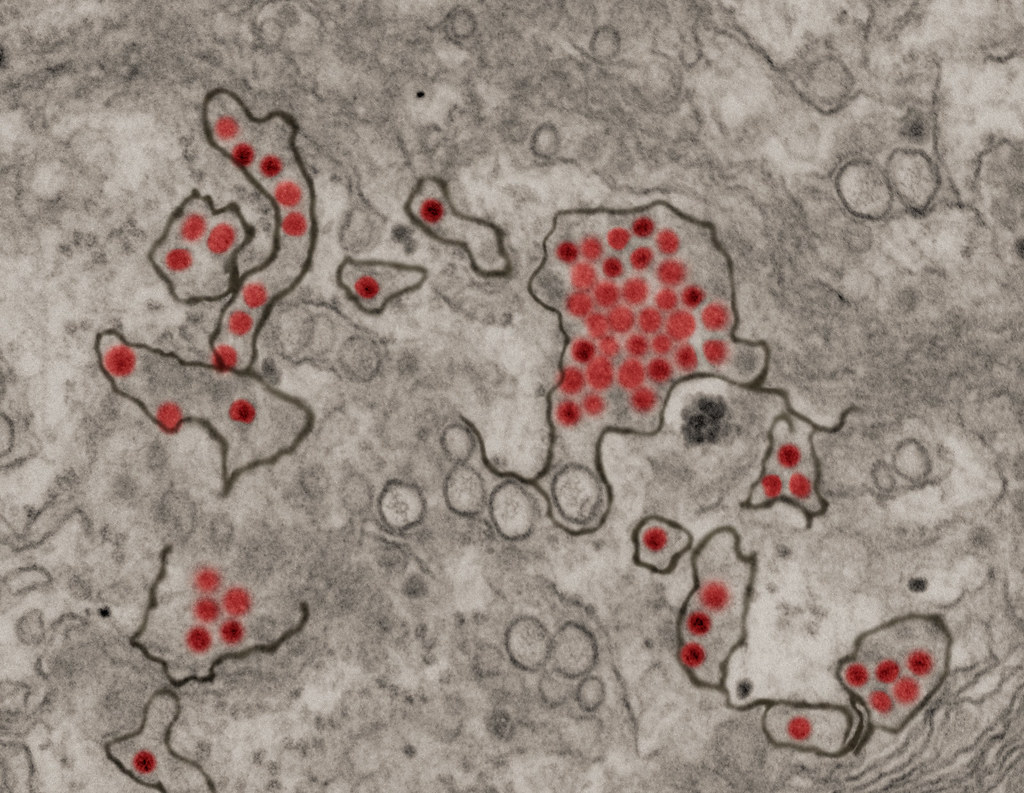Researchers infect human volunteers with Zika virus in a quest for effective vaccine
- Zika virus infection in pregnancy has been associated with microcephaly in newborns during the 2016 epidemic in Brazil. Additionally, infected adults are at risk of neurological complications such as Guillain-Barre syndrome.
- In a pioneering experiment, female volunteers were challenged with live Zika virus and monitored for viral shedding, symptoms and immune responses.
- Researchers hope that human challenge experiments will speed up the development of novel vaccines and antiviral medications.
In a ground-breaking experiment, researchers infected female volunteers with Zika virus to investigate the viral replication kinetics and immune defense mechanisms, learning this way if the experimental human challenge could be used to evaluate the efficacy of novel Zika vaccines.

A total of 28 healthy non-pregnant women aged 18 to 40 were recruited, with 20 randomized to receive the virus and 8 to receive placebo. All consented to intentional administration of live virus and were meticulously tested for pregnancy before the start of experiment, in order to ensure safety and satisfy the ethical requirements for human research. In addition, the volunteers agreed to use highly effective contraception for a minimum of 2 months prior to the infection.
The result of viral challenge was as expected: almost all (95%) patients developed rash and two thirds experienced joint pain. These symptoms were absent in participants who were given placebo. The experimental approach turned out to be safe and appropriate for use in the evaluation of Zika vaccines. Such evaluation would involve first administration of either vaccine or saline placebo and then, after a minimum of 14 days necessary for mounting the immune response, challenge with live virus. Despite the positive results of the initial experiment, some specialists still remain skeptical – they argue that the group of challenged volunteers was too small to ensure that no complications will arise in the future vaccine tests, which will probably include more than 28 subjects. Especially dangerous for infected non-pregnant women would be complications involving the central or peripheral nervous system.
Many vaccine candidates have been developed since the 2016 epidemic in Brazil, in which thousands of infants were stillborn or born with microcephaly and/or other malformations. However, due to the relatively small number of cases after 2016, none of them progressed to the large-scale field trials. The limited circulation of Zika virus was one of the main reasons why researchers decided to explore the utility of the human challenge model, which does not require waiting for the accumulation of sufficient number of cases, as is the case with ordinary field trials.
The candidate vaccines use various technologies such as mRNA (e.g., mRNA-1893 from Moderna), DNA (GLS-5700 from GeneOne Life Science), viral vector (e.g., Ad26.ZIKV.001 from Janssen), inactivated viruses or recombinant ZIKV proteins. Currently, around 11 products are in clinical development, with two of them being evaluated in Phase II trials (mRNA vaccine from Moderna and DNA vaccine developed by National Institute of Allergy and Infectious Diseases (NIAID). The primary endpoint of these trials is immune response to virus antigens measured by the titer of IgG and neutralizing antibodies. However, it is not certain if their presence would be sufficient to obtain durable protection against this pathogen. The human challenge study could come to the rescue, as it would allow to quantify not only surrogate protection markers but also the actual resistance to the virus. Experimental infection of human volunteers is becoming a more and more popular method of vaccine evaluation, as it allows to significantly reduce the duration and costs of clinical development. Prior to the Zika study, this model has been successfully used for testing vaccines and drugs for SARS-CoV-2, influenza, respiratory syncytial virus and rhinovirus infections.
AT
References
- Lenharo, Mariana. “Scientists deliberately gave women Zika-here’s why.” Nature 623.7985 (2023): 18.
- Wang, Yuchen, et al. “Current Advances in Zika Vaccine Development.” Vaccines 10.11 (2022): 1816.